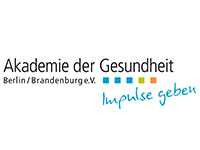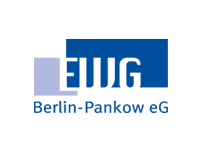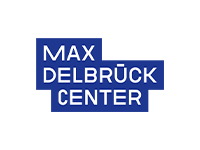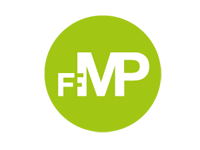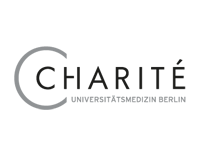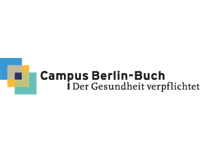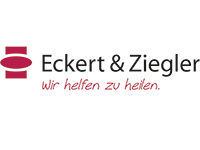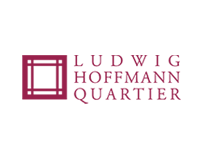Your selection
Research, Living / 14.03.2020
State-by-state breakdown of COVID-19 in Germany
Researchers at the MDC have developed a new online tool that displays the development of the COVID-19 epidemic in Germany clearly and by individual state. The map and timeline showing the spread of the coronavirus are freely available on the internet.
The Robert Koch Institute (RKI) currently publishes daily situation reports that show the number of reported COVID-19 cases in Germany in a table divided into states. Using this data, researchers at the Max Delbrück Center for Molecular Medicine in the Helmholtz Association (MDC) have now developed an online tool that goes a step further: Their map displays not only the total number of reported cases, but also the relative number of cases per 100,000 inhabitants for each German state. In addition, people can use a timeline to track the state-by-state development of the epidemic.
The map and timeline are available at https://covid19germany.mdc-berlin.de. The data is automatically retrieved and processed from the RKI website every day, with the exact time of data retrieval also noted.
“We searched the internet ourselves for similar representations and were surprised to find that nothing like this has ever really been created for Germany before,” says Professor Matthias Selbach, head of the research group on Proteome Dynamics at the MDC. So, a scientist in his research group, Dr. Henrik Zauber, got to work developing the tool. “We created a similar online tool before to give other researchers interactive access to mass spectrometric data,” says Zauber. Based on this experience, he says, it was relatively easy to develop a tool that visually depicts the spread of the COVID-19 epidemic in Germany. The researchers intend to expand the visualization tool as and when more detailed data becomes available.
A public service
“Of course, we cannot take responsibility for the accuracy of the data – we merely process it,” says Selbach. “We see this tool as providing a public service.” He goes on to explain that, in principle, a distinction must be made between the number of reported cases and those actually infected at any given time. How reliable the number of reported cases is depends on many factors – for example, how many people are actually tested.
Matthias Selbach’s research group investigates the interaction of all proteins in the cell (the proteome). Cellular proteins are responsible, among other things, for cell metabolism, proliferation and survival programs, and for signaling pathways both inside and outside the cell. In the past, the team has applied this expertise to investigate which factors influence the reproduction of avian flu viruses in human cells. Selbach and his colleagues are now also planning collaborations with other researchers in order to better understand the molecular characteristics of the SARS-CoV-2 virus.
Further information
• Online tool: COVID-19 Viewer
• Press release: What blocks bird flu in human cells?
Overview News
News Buch Berlin
Leif Si-Hun Ludwig awarded professorship
Leif Si-Hun Ludwig has been awarded a prestigious Heisenberg professorship in stem cell dynamics and mitochondrial genomics by the the Berlin Institute of Health at Charité, a position funded by the G...
more ...Professorship awarded to Mina Gouti
Mina Gouti has been awarded a professorship at Charité – Universitätsmedizin Berlin. The appointment will strengthen her pioneering organoid research at the Max Delbrück Center and deepen collaboratio...
more ...Pentixapharm publishes positive Phase II data on Pentixafor PET diagnostics
The study confirms PENTIXAFOR-PET as a non-invasive alternative to adrenal vein catheterization in primary aldosteronism
more ...Events Buch Berlin
20.02.2026, 20:00
Scheunen-Party
Tanzen und Feiern wie früher
more ...23.02.2026, 16:00
Mitmachlesung mit Tante Milli Tausendgrün
Lese- und Bastelspaß für Kinder ab 3 Jahren
more ...24.02.2026, 10:38
Sprechstunde der Bezirksbürgermeisterin am 24. Februar 2026
Interessierte sind herzlich ins Rathaus eingeladen, ihre Anliegen zu schildern. Anmeldung erforderlich.
more ...